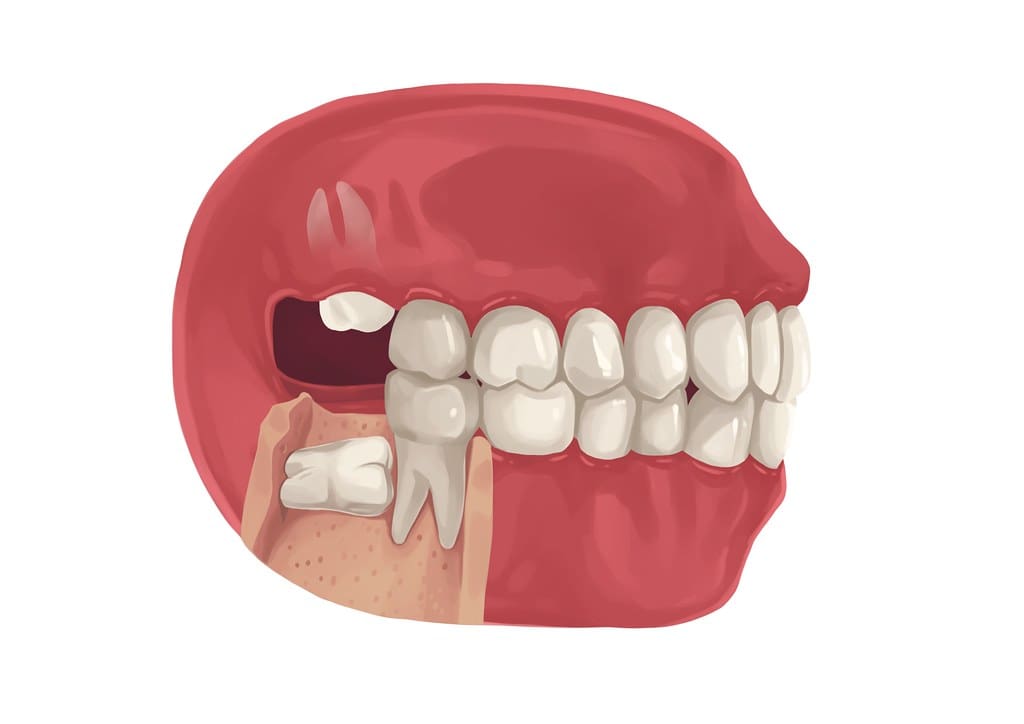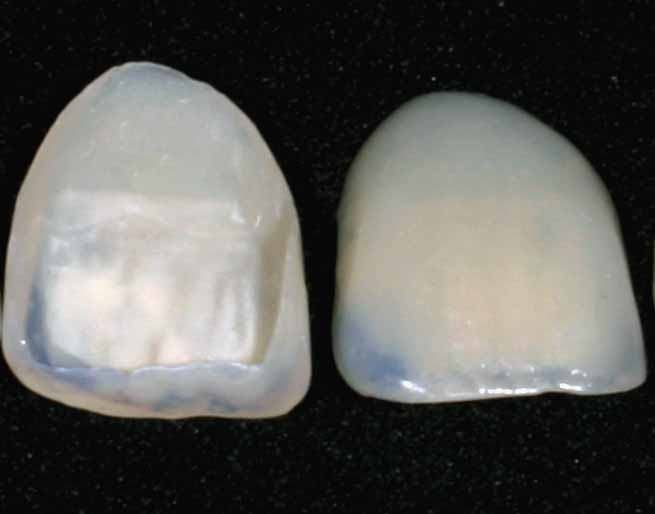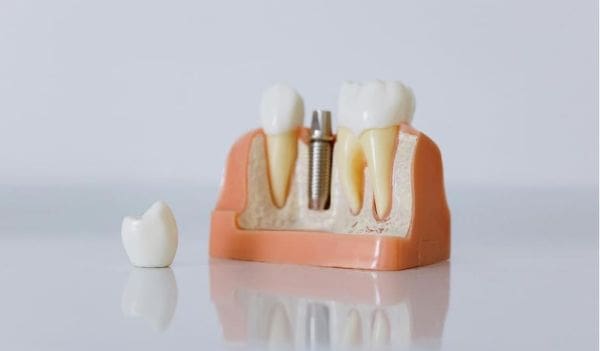I would like help with...
About This Condition:
Failing dentition, a condition characterized by the gradual breakdown and deterioration of teeth, can significantly impact oral health and quality of life. Here, we delve into the causes of failing dentition, explore potential consequences, and discuss treatment options to restore function and aesthetics for a healthier smile.
Failing dentition is a complex condition that requires a comprehensive and individualized approach to treatment. By understanding the causes, exploring treatment options, and embracing preventive measures, individuals facing failing dentition can regain functionality, aesthetics, and confidence in their smiles. Consulting with a dentist is crucial for developing a tailored plan to address specific concerns and ensure long-term oral health. Remember, a healthy and functional smile contributes to overall well-being and quality of life.
Unravelling the Causes of Failing Dentition:
1. Untreated Tooth Decay:
Persistent tooth decay, if left untreated, can progress to the point where teeth become compromised and may fail to serve their normal functions.
2. Periodontal Disease:
Advanced periodontal (gum) disease can lead to the loss of supporting structures, including bone, resulting in loose teeth and an increased risk of tooth loss.
3. Trauma and Injury:
Accidents or trauma to the mouth can cause fractures, cracks, or avulsion of teeth, contributing to the deterioration of the dentition.
4. Occlusal Issues:
Misalignment of the teeth (malocclusion) or bite problems can lead to excessive wear on certain teeth, making them more susceptible to failure.
Consequences of Failing Dentition:
1. Chewing and Speaking Difficulties:
Failing dentition can compromise the ability to chew food properly and may affect speech, leading to communication challenges.
2. Aesthetic Concerns:
Missing or damaged teeth can impact facial aesthetics and self-confidence, affecting a person’s overall appearance and social interactions.
3. TMJ Disorders:
Occlusal issues associated with failing dentition may contribute to temporomandibular joint (TMJ) disorders, leading to jaw pain, headaches, and limited jaw movement.
4. Bone Loss:
Tooth loss can result in the loss of bone density in the jaw, potentially affecting facial structure and contributing to a prematurely aged appearance.
Treatment Options for Failing Dentition:
1. Dental Implants:
Dental implants are a durable and long-term solution for replacing missing teeth. They integrate with the jawbone, providing stability and functionality comparable to natural teeth.
2. Dental Bridges:
Bridges are used to replace one or more missing teeth by anchoring prosthetic teeth to adjacent natural teeth or dental implants.
3. Dentures:
Dentures, both partial and complete, offer a removable option for replacing multiple missing teeth. Advances in denture technology provide improved comfort and aesthetics.
4. Full-Mouth Reconstruction:
Full-mouth reconstruction involves a comprehensive approach to restore the entire dentition. It may include a combination of dental procedures such as crowns, bridges, implants, and periodontal treatments.
5. Orthodontic Treatment:
Orthodontic interventions, such as braces or clear aligners, can correct misalignments and bite issues, preventing further damage to the dentition.
Preventive Measures and Maintenance:
1. Regular Dental Check-ups:
Regular dental check-ups are crucial for early detection of issues and preventive interventions. Routine cleanings and examinations can help maintain oral health.
2. Optimal Oral Hygiene Practices:
Implementing effective oral hygiene practices, including brushing, flossing, and using antiseptic mouthwash, is essential for preventing tooth decay and gum disease.
3. Bespoke Treatment Plans:
Dentists can develop Bespoke treatment plans based on individual needs and risk factors, addressing both current issues and preventing future problems.
Watch Video
WE CAN HELP WITH ANY ISSUES YOU MAY BE HAVING AND ALWAYS OFFER ADVICE AND OPTIONS TO SUIT ALL INDIVIDUAL NEEDS.


